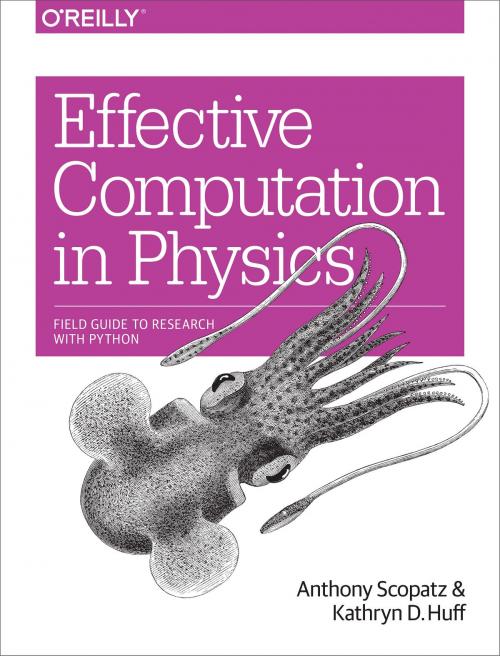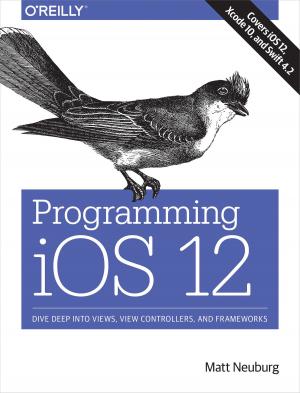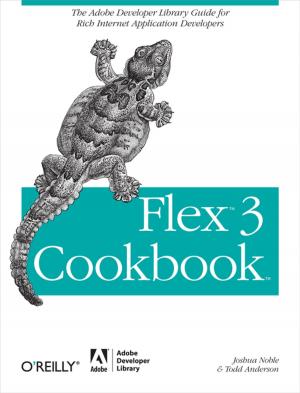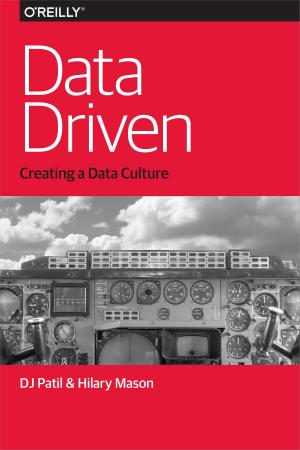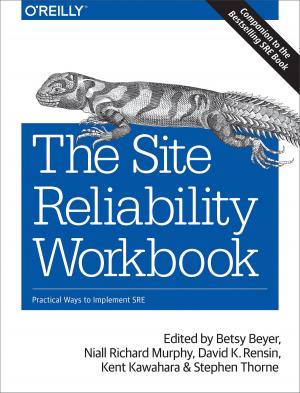Effective Computation in Physics
Field Guide to Research with Python
Nonfiction, Science & Nature, Science, Physics, Mathematical Physics, Computers, General Computing, Programming| Author: | Anthony Scopatz, Kathryn D. Huff | ISBN: | 9781491901588 |
| Publisher: | O'Reilly Media | Publication: | June 25, 2015 |
| Imprint: | O'Reilly Media | Language: | English |
| Author: | Anthony Scopatz, Kathryn D. Huff |
| ISBN: | 9781491901588 |
| Publisher: | O'Reilly Media |
| Publication: | June 25, 2015 |
| Imprint: | O'Reilly Media |
| Language: | English |
More physicists today are taking on the role of software developer as part of their research, but software development isn’t always easy or obvious, even for physicists. This practical book teaches essential software development skills to help you automate and accomplish nearly any aspect of research in a physics-based field.
Written by two PhDs in nuclear engineering, this book includes practical examples drawn from a working knowledge of physics concepts. You’ll learn how to use the Python programming language to perform everything from collecting and analyzing data to building software and publishing your results.
In four parts, this book includes:
- Getting Started: Jump into Python, the command line, data containers, functions, flow control and logic, and classes and objects
- Getting It Done: Learn about regular expressions, analysis and visualization, NumPy, storing data in files and HDF5, important data structures in physics, computing in parallel, and deploying software
- Getting It Right: Build pipelines and software, learn to use local and remote version control, and debug and test your code
- Getting It Out There: Document your code, process and publish your findings, and collaborate efficiently; dive into software licenses, ownership, and copyright procedures
More physicists today are taking on the role of software developer as part of their research, but software development isn’t always easy or obvious, even for physicists. This practical book teaches essential software development skills to help you automate and accomplish nearly any aspect of research in a physics-based field.
Written by two PhDs in nuclear engineering, this book includes practical examples drawn from a working knowledge of physics concepts. You’ll learn how to use the Python programming language to perform everything from collecting and analyzing data to building software and publishing your results.
In four parts, this book includes:
- Getting Started: Jump into Python, the command line, data containers, functions, flow control and logic, and classes and objects
- Getting It Done: Learn about regular expressions, analysis and visualization, NumPy, storing data in files and HDF5, important data structures in physics, computing in parallel, and deploying software
- Getting It Right: Build pipelines and software, learn to use local and remote version control, and debug and test your code
- Getting It Out There: Document your code, process and publish your findings, and collaborate efficiently; dive into software licenses, ownership, and copyright procedures
